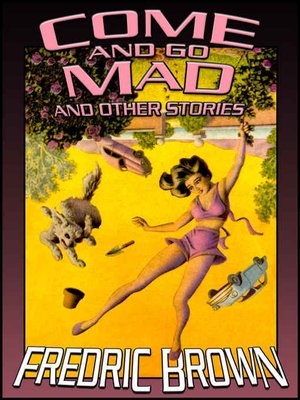

Mia from HoustonI relate to this song, which is why I love it.

Bad relationship and all., Including 7 trafficking offenses. I was an opioid /Ritalin and Xanax dependent patient. Travis from Wilmington NcThe whole song is uplifting.

why did the guy have to pretend he was a gay interior decorator? maybe i missed something but i'm confused
Thomas from Martin County, FloridaWHO is the dancer? A mercurial performance - even the candid part at the make up table! What is the name of the dancer in the "Jane Says" video?. Lyrics licensed and provided by LyricFind Publisher: Kobalt Music Publishing Ltd., Universal Music Publishing Group Writer/s: DAVID NAVARRO, ERIC ADAM AVERY, PERRY FARRELL, STEPHEN PERKINS She just don't know what else to do about it That's okay man she don't like them anyway Try again tomorrow I'm gonna kick tomorrow Unlike those critics, however, I will claim that Jane's complicated relationship to the inheritance distances her from the problematic taint of the money's colonial associations and marks her non-conformity with and resistance to the economic practices of the British Empire.Says, "I don't owe him nothing, but if he comes back again Other critics, such as Elaine Freedgood and Susan Meyer, focus on the origin of the fortune – Madeira – and suggest that such a colonially associated locale implicates Jane in the finances of colonialism and even of slavery. Similarly, Nancy Armstrong writes that “ore so perhaps than her virtue or passion, it is an endowment from Jane's wealthy uncle that makes her happiness possible” (47). Citing such financial independence, Sandra Gilbert and Susan Gubar briefly mention Jane's inheritance as the event that allows Jane to “follow her own will” and marry Rochester on terms of equality (367). The hefty twenty-thousand-pound legacy (of which Jane only keeps one-fourth) bequeathed to her by her late uncle John Eyre allows Jane to return to the maimed Rochester and gleefully proclaim, “I am an independent woman now” (Brontë 501 ch. The denouement of Charlotte Brontë’s Jane Eyre contains multiple happy rewards for its heroine: a fortune, strangers turned friends turned cousins, the self-elimination of Bertha, and a Rochester still alive, still in England, and now free to marry.







 0 kommentar(er)
0 kommentar(er)
